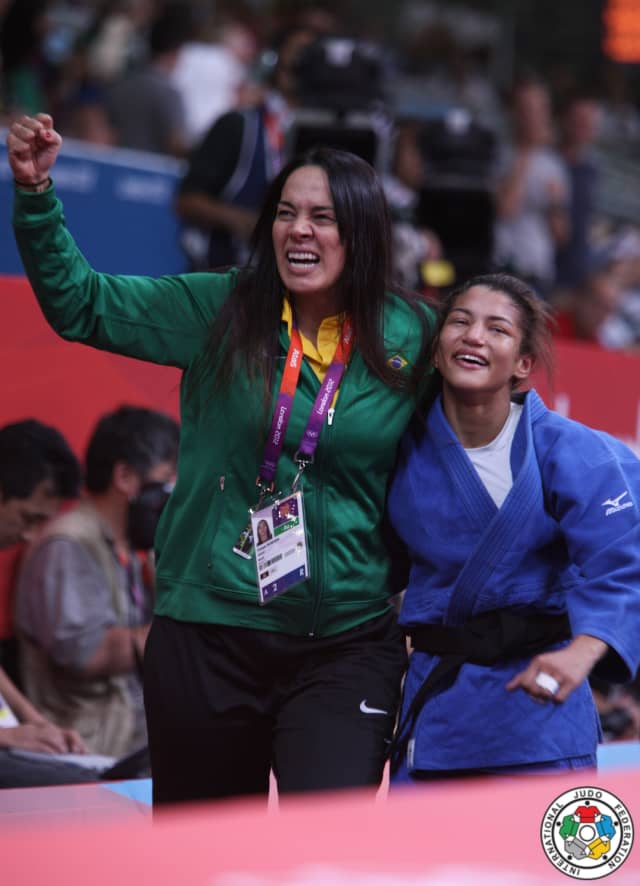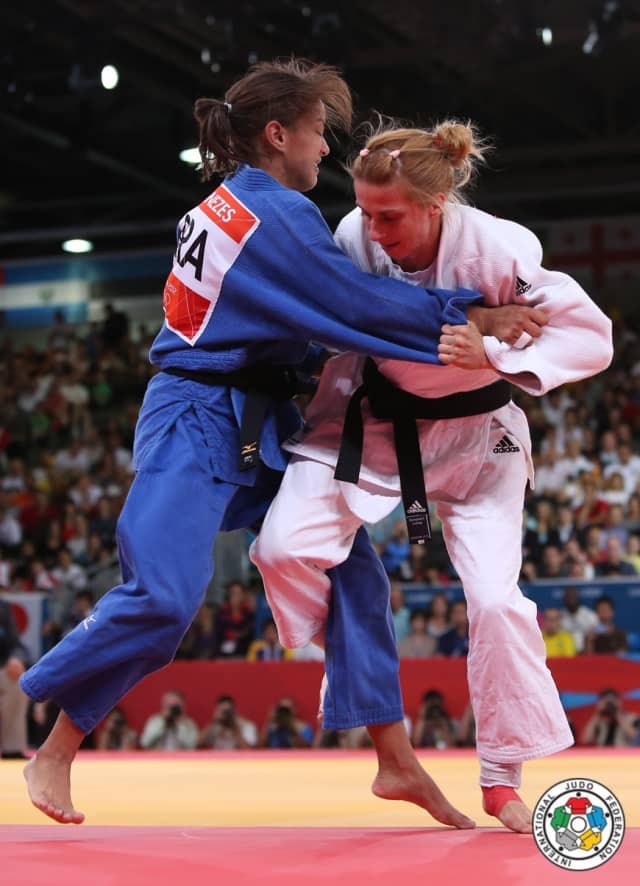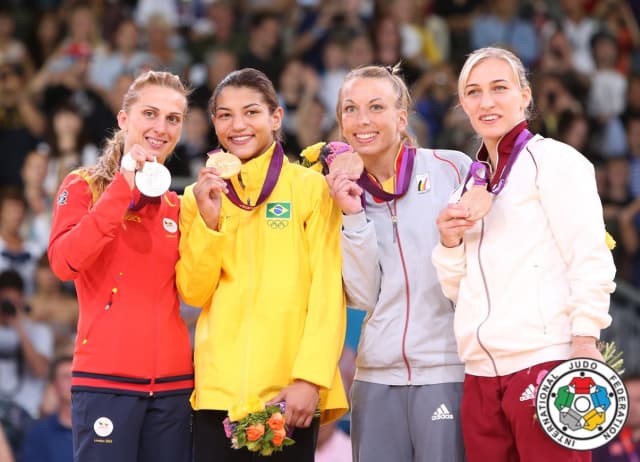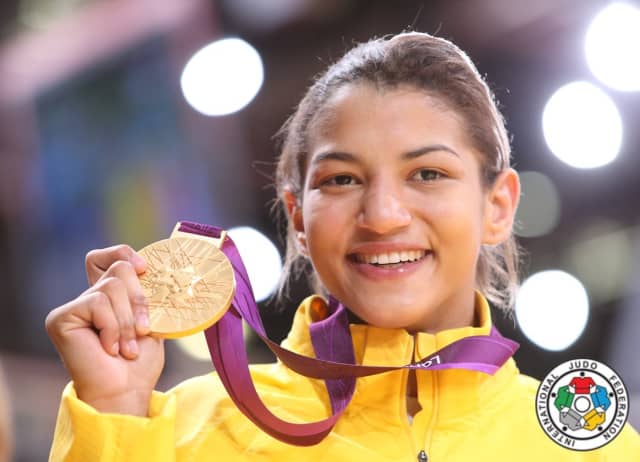We introduced the statistics, the almost impossible feat and the question in our first article in the series, which can be found here:
https://www.ijf.org/news/show/151-olympic-champions-tokyo-to-tokyo
A reminder of the question:
It could be said that to be in the company of an Olympic judo champion is to be presented with someone whom has reached an absolute pinnacle, a ceiling which cannot be surpassed; there is nowhere further to ascend in the world of sport. We often find Olympic champions speaking with freedom and certainty, unafraid to share an opinion, speaking of their lives and paths with confidence. For many we feel there is peace, and that can be magnetic and inspiring.
So the question is, did they become Olympic champion because of that character or did they become that person having won the Olympic gold medal?
“During my career, perseverance and persistence have been key character traits. When I started in the Brazilian national team I was very young, just 15 or 16 years old and already competing in seniors.
I was twice junior world champion, in Thailand and Paris and those events gave me some confidence. During the following years I was on the podium at all competitions leading up to the London 2012 Olympic Games. At that time, the international training camps were really important for me too."
"Despite my young age, I was always very determined and carrying the confidence I gained in the juniors, if I entered to fight with older judoka it was no problem for me; I wasn’t stressed by it.
After London some changed occurred but it was all external things. I was more respected and everyone knew me, not only in Brazil but outside in other countries too. My fan club became so much bigger!
There was no real change in me as a person after I won the Olympic gold, I was the same but I had maybe more responsibility. I was calm always both before and after the medal. There is a possibility that my personal characteristics may not have remained the same if I didn’t win that medal. I suspect my sense of responsibility would have been different with a different colour of medal or with no medal. My life went a certain way in part because of the medal, for example I am now a national coach in Brazil."
"After London I had some problems with my weight and I stayed almost a year without judo but there were a lot of interviews and other activities so it was very hard to come back to regular training. I worked really hard towards going to the Olympic Games again in 2016 and 2020 and following that process other athletes and coaches motivated me to became a coach.”
Why you, though? Most athletes could consider themselves persistent, to a high degree.
“When I saw Paula Pareto (ARG) on the podium in Beijing, with the bronze medal, when I had lost in the first round, I thought about my career up to that point. We had fought sometimes and I had beaten her in the past. Seeing her on the Olympic podium told me it was possible. That was the evidence I needed to give me absolute belief. Belief combined with my natural perseverance and persistence was the necessary mix.”




